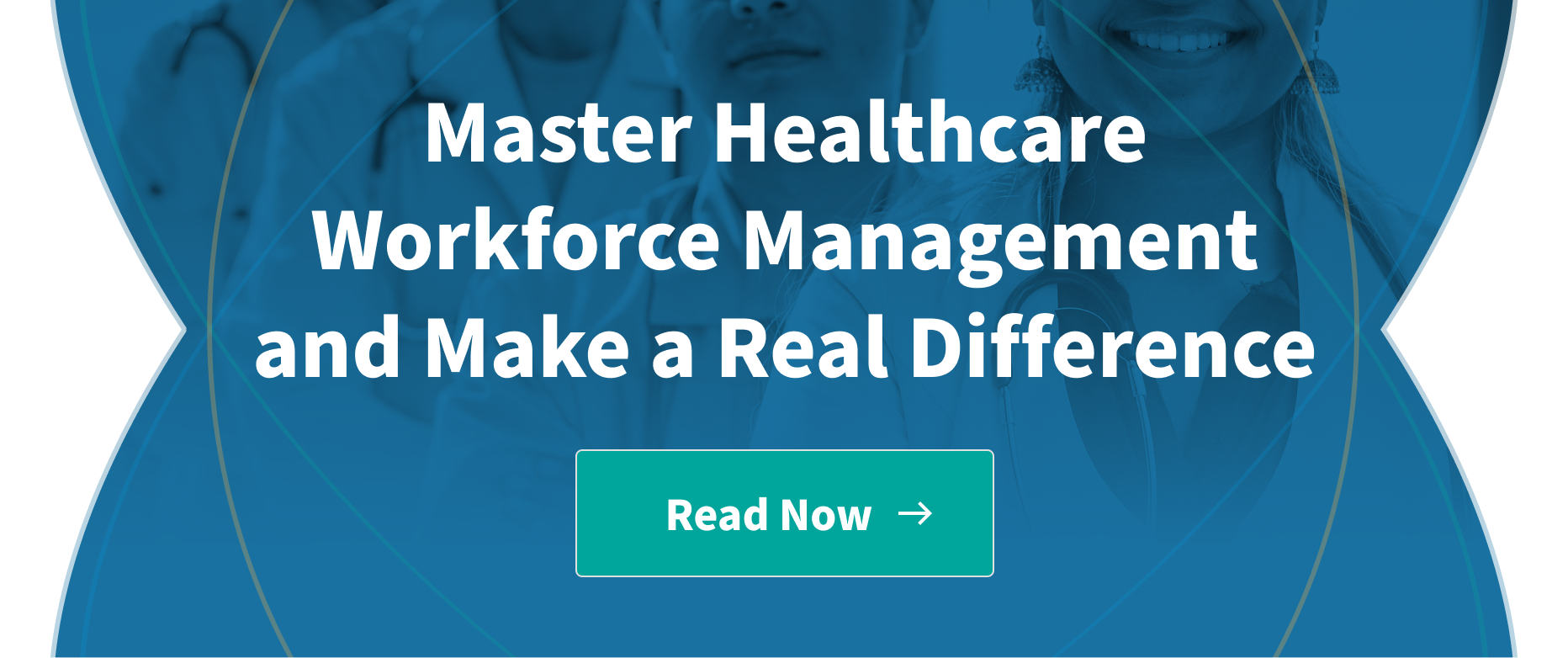Today's healthcare workforce operations often dwell in inefficiency, marked by a reactive approach and data silos. Endless spreadsheets may make people feel that there is a lot happening, but the truth is that they are the most inefficient way to track activities. And on top of that, people are so used to dozens of standing meetings every week, that it seems so normal. But in reality, all of this hampers effective decision-making. Eventually leaving us with disjointed teams and suboptimal patient care.
Given these challenges, transforming healthcare workforce operations is a necessity. By incorporating technology, we can automate tasks, drive predictive analysis, and cultivate informed decision-making.

Quality Caregivers: The Heart of Healthcare
Quality caregivers are critical to effective healthcare delivery. Their contentment and engagement are fundamental to quality care, underscoring the need to prioritize their needs in operational strategies.
However, the sector grapples with high turnover rates, leading to disrupted care continuity and burdensome backfilling processes.
Addressing this requires comprehensive talent retention strategies. A supportive work environment, growth opportunities, and fair compensation are essential components. Effective scheduling and workload management also contribute to work-life balance and job satisfaction.
The Compensation Challenge in Healthcare
Compensation management in healthcare is a nuanced affair, not confined merely to financial remuneration. Accurate tracking of work hours still forms its crux, ensuring fair compensation as per contractual obligations.
But it now involves the overall support experience that a healthcare professional receives.
Does the healthcare unit have support mechanisms such as medical scribes, reducing the administrative burden? Is the pay timely and accurate, upholding trust in the system? Is there visibility into scheduling details, aiding work-life balance?
These factors, interwoven with financial aspects, underscore the necessity of a comprehensive, thoughtful approach to workforce management.
Evaluating New Solutions: Consolidation and Intuitiveness
In transforming healthcare workforce operations, the value of consolidated, user-friendly tech solutions is paramount. These provide a single, reliable source of truth, enhancing cross-department collaboration and reducing system fragmentation.
The "Kimedics hub," epitomizes this by bringing together all teams in one centralized platform.
Evaluating new solutions necessitates careful consideration of their ease of use, integration capabilities, and alignment with operational needs. Potential resistance to change can be overcome by demonstrating the solution's tangible benefits and providing comprehensive training.
Ultimately, the success of a new solution lies in its seamless adoption. As such, the chosen system must not only meet functional criteria but also resonate with users, thereby promoting efficient utilization and driving operational transformation.
To Conclude
In conclusion, the transformation of healthcare workforce operations is a multifaceted endeavor driven by technological advancements, interdisciplinary collaboration, demographic shifts, and a focus on efficiency and patient-centered care.
As the healthcare industry continues to evolve, embracing these changes is essential for healthcare organizations to remain competitive, adaptable, and capable of providing high-quality care. By harnessing the power of technology, fostering collaboration, addressing the needs of diverse patient populations, and investing in ongoing education, the healthcare workforce is poised to shape a brighter and healthier future for all.


